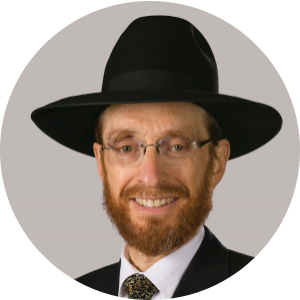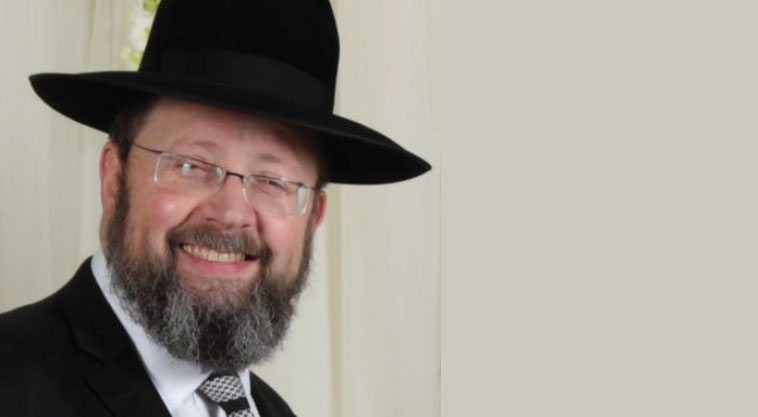Shared Space: The Follow-up


For 12 months, you’ve watched and listened as Kivi and Malky Denburger try to find their places within their families, neighborhood, and marriage. You’ve cheered on the crew at 55 Norton and empathized as they struggled and grew. As the serial draws to a close, we reached out to voices of authority within the community to discuss some of the underlying threads of Shared Space. This week, Dr. Meir Wikler weighs in on the intergenerational and neighborhood dynamics threaded through the story.
KEEP OUT OR HELP OUT?
What are the guidelines for parents to be aware of in regard to when and when not to get involved in the lives of their children who appear to be on unsteady footing?
I
once heard a very embarrassing question from Rav Moshe Meir Weiss shlita on the following pasuk. “Therefore a man should abandon his father and mother and cling to his wife and they shall be of one flesh” (Bereishis 2:24). I say embarrassing because many who hear it are ashamed that such an obvious question never occurred to them before.
The pasuk begins with the words “al kein,” suggesting that what follows is a result of what was just stated. The previous pasuk, however, simply quotes Adam Harishon declaring that Chavah is “a bone of his bones and a flesh of his flesh.” Rabbi Weiss asked, how does the injunction for a man to leave his parents in order to marry his wife flow from Adam’s statement? Furthermore, why does the Torah use the harsh term “ya’azov,” abandon, rather than the gentler expression “yeitzei,” leave?
The answer to both questions, Rabbi Weiss explained, is that Adam was struck by the fact that his marriage to Chavah would be the only one in history of a couple that emanated from one guf. How, then, could future couples achieve the union necessary for a successful marriage? That would only be possible, concluded Adam, if the couple achieves a healthy level of independence from their parents. And in order to achieve that independence, efforts must be made on both sides to foster it. That means both parents and children must create and maintain appropriate boundaries from each other that will ensure the success of the new marriage.
Married children, therefore, must eventually learn to fend for themselves. In addition, they must decide together what information is shared with their parents and what is kept from them.
The parents, in turn, must learn to let go and encourage the independence of their married children. That includes the parents not rushing in to get involved at the first sign of what appears to them as the children being on unsteady footing.
Of course, parents should never sit back passively watching their married children sink into quicksand. Parents must balance, however, the need to help when help is needed with the need to let their children resolve their own dilemmas. Whenever possible, therefore, parents should resist the impulse to micromanage the lives of their married children. Rather, they should wait until their advice and/or assistance is requested. Unsolicited opinions are often rejected and seldom accomplish any constructive purpose, in spite of how well intentioned the parents may be.
In short, married children learn more from their own mistakes than from the lectures of their parents. And sometimes, the greatest gift parents can give their married children is the freedom to fail.
(Excerpted from Mishpacha, Issue 755)
Oops! We could not locate your form.










